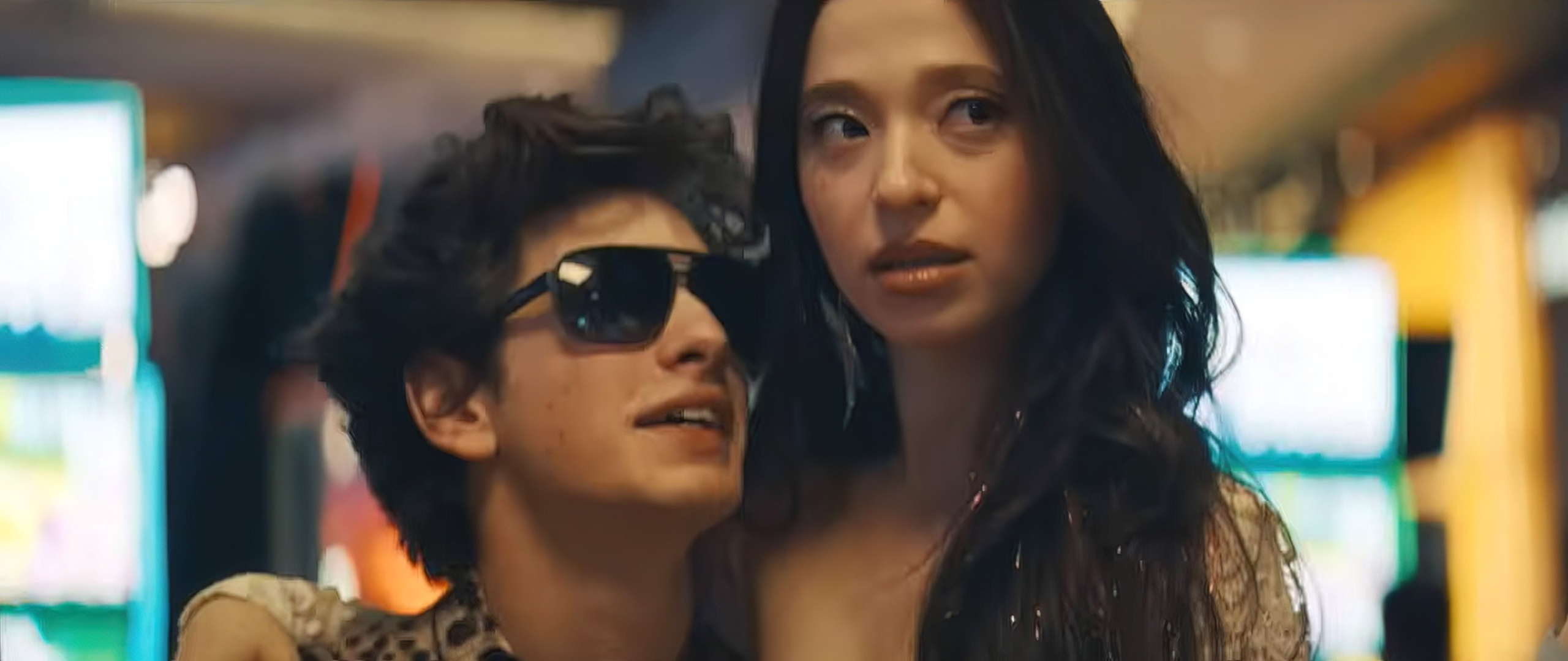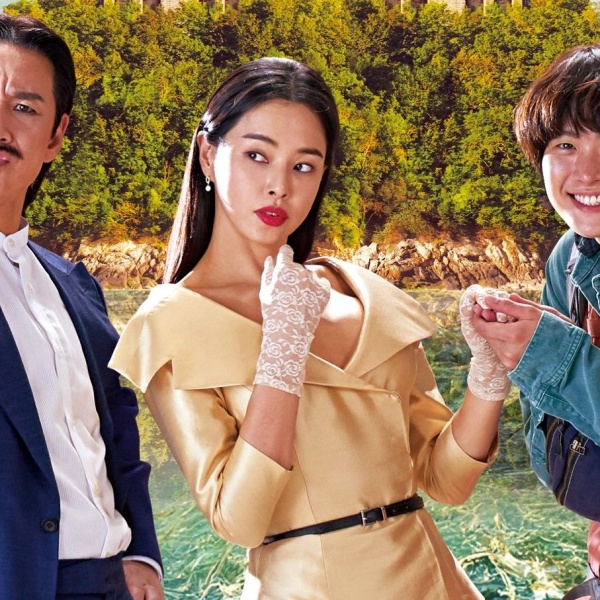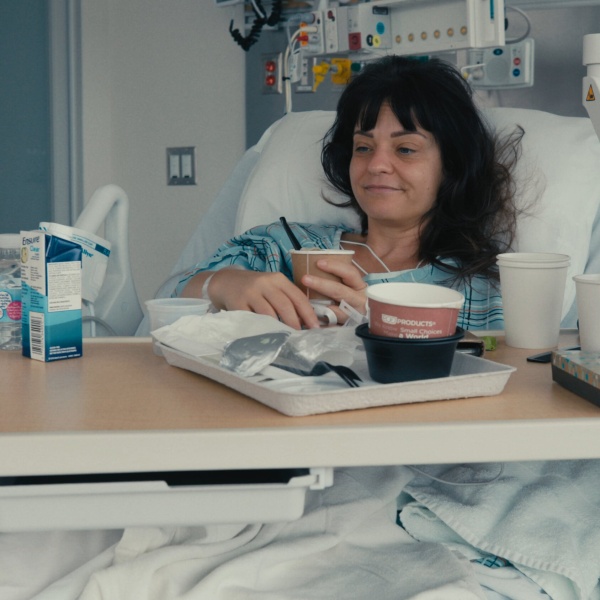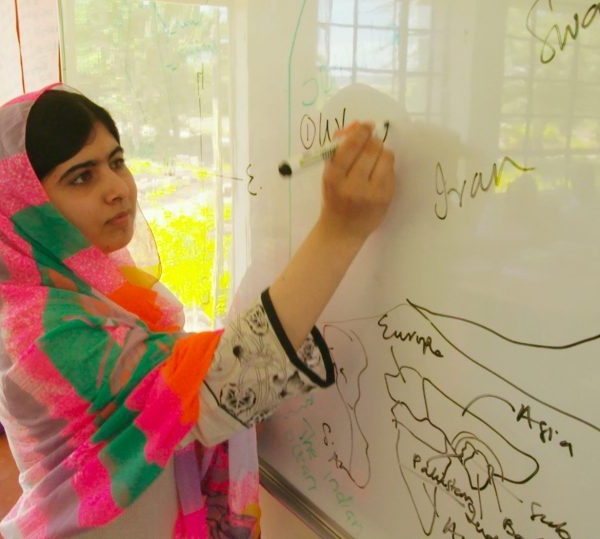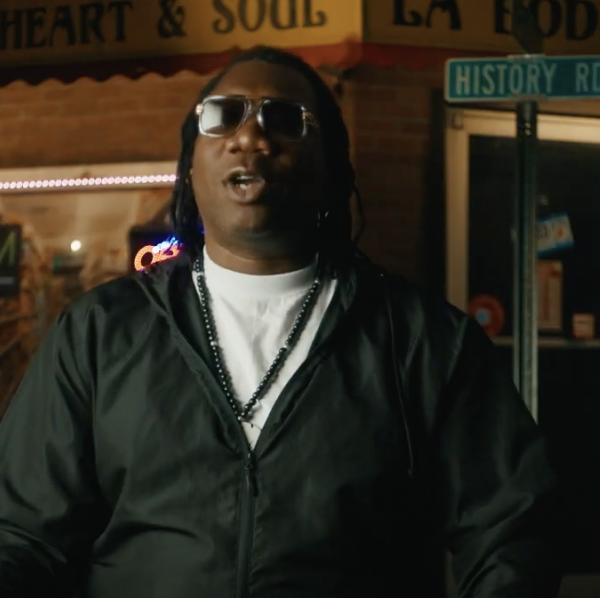To box the work of Sean Baker into a neat genre classification would be to miss what is so authentic and spontaneous about his unequivocally human and heartfelt storytelling. Of the same token, in elevating the narratives that exist on the margins of society to new, bold, cinematic heights, he allows many who’ve never been granted any importance to feel the only kind of value that being centered in a movie can offer. In this way, he’s using the various forms of cinema to expand the kind of stories the world is exposed to and with his latest, the Palme d’Or-winning “Anora,” does so in a way that draws on the magic of a fantasy romance, as well as the terror of a gangster thriller.
“I love tonal jumps. I love roller coasters,” Baker said in a recent interview with Entertainment Weekly. “It is scary, though. It does throw an audience off sometimes if suddenly they’re slapped with a tonal shift that they’re not used to, so you have to do it delicately. But I was very interested in covering different genres with this movie.”
The film stars Mikey Madison as a Russian-speaking New York City stripper caught up in a whirlwind affair with the son of an oligarch and desperate to hold onto her shot at the American dream. In IndieWire’s review of the film out of Cannes, David Ehrlich wrote, “Splenetically hilarious for more than two hours before reality catches up with it in the film’s unforgettable final scene, ‘Anora’ has next to nothing to do with romance, and almost everything to do with the kind of working-class heartache that a modern Hollywood studio would never even try to get right.”
While the beginning of “Anora” may feel like something out of a Billy Wilder film like “Sabrina” or “The Apartment,” things quickly turn serious as a group of goons are sent in to break up this tryst that’s gone too far.
“I just wanted to flip it on its head,” Baker said to Entertainment Weekly of crafting this shift. “So we give you a romantic comedy for the first 50 minutes, and we even sandwich it with a quintessential song, Take That’s ‘The Greatest Day,’ which is maybe a song you would hear in a ’Love Actually’ sort of movie. But then we’re giving you another 90 minutes of reality after that.”
Though this may sound like Baker is trying to make his output more accessible, the truth is that he feels he’s just finding new ways to get audiences to empathize with people they may initially disregard.
“We want audiences to recognize themselves in these characters, so you have to see the flaws,” said Baker. “You have to see where the person unfortunately fumbles, because that’s what makes them human, and that’s what makes us root for them.”
